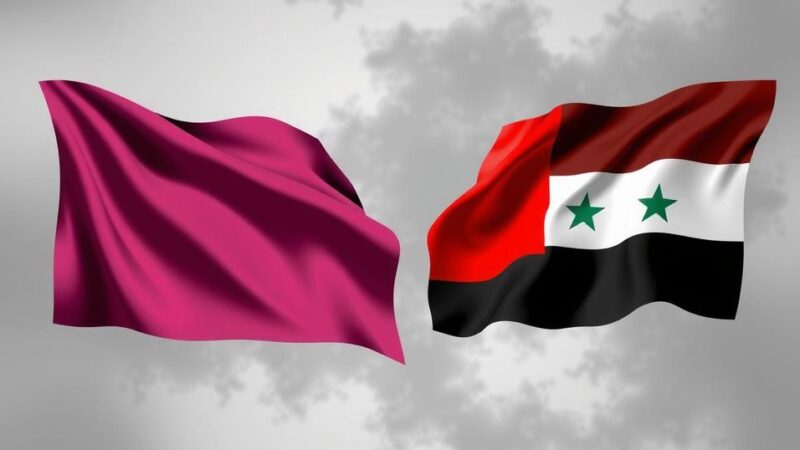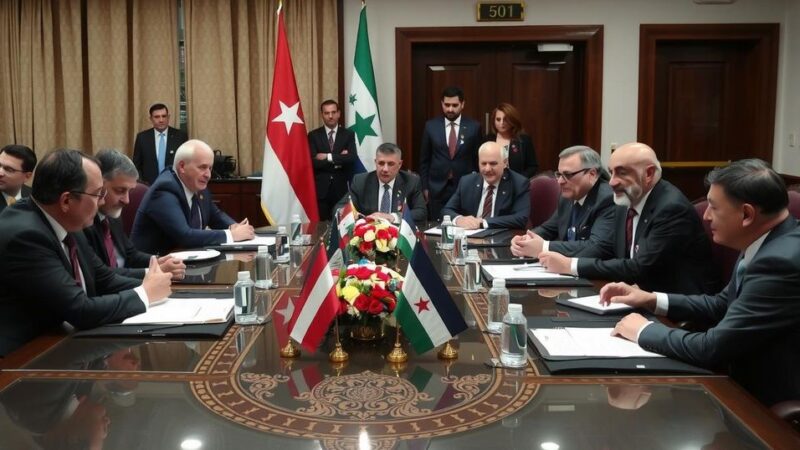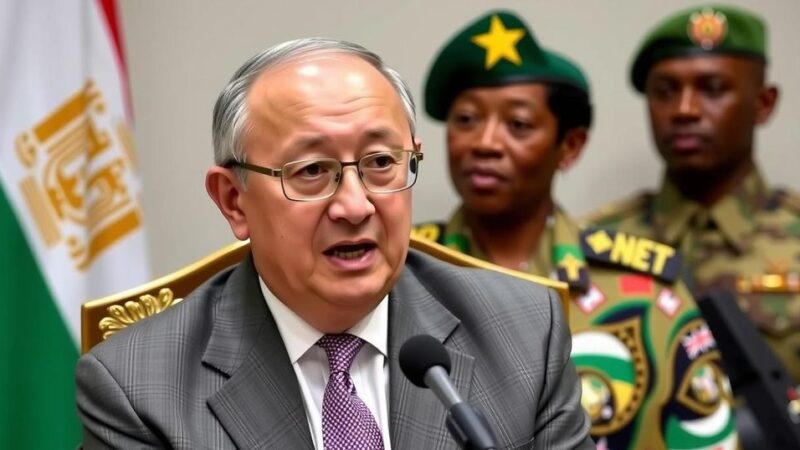The UAE accused the Sudanese army of bombing its ambassador’s residence in Khartoum and plans to file formal complaints with the United Nations. The conflict has escalated tensions between the two nations, leading to mutual accusations of support for opposing forces and the expulsion of diplomats from both sides.
On September 29, 2024, the United Arab Emirates (UAE) formally accused the Sudanese army of conducting an airstrike on the residence of its ambassador in Khartoum. The Emirati foreign ministry described the incident, which allegedly involved a military aircraft, as resulting in “significant damage” to the building. Although the UAE did not specify the exact date of the attack, it announced intentions to lodge a formal complaint with the United Nations and other regional organizations. According to a statement from the ministry, this assault constitutes a “flagrant violation” of the principles governing the sanctity of diplomatic missions. The ongoing conflict in Sudan, which erupted between the army and the paramilitary Rapid Support Forces (RSF), has led to a mass exodus of foreign diplomatic missions from Khartoum since April 2023, with many relocating to the coastal city of Port Sudan. Amidst this backdrop, the Sudanese army has been carrying out extensive offensives against the RSF, whom they accuse of looting and attacking embassies in the capital. Tensions between the UAE and Sudan have notably escalated since the onset of the conflict, with allegations from the Sudanese side claiming that the UAE has been supporting the RSF — allegations that the Emirati government has vehemently denied. The UAE’s ambassador to Sudan departed following the outbreak of hostilities, while many of his security personnel have also vacated this month; nevertheless, the embassy continues to function in Port Sudan. In an escalation of diplomatic disputes, Sudan has approached the United Nations Security Council to present claims that the UAE provides arms to the RSF through Chad, a charge which the UAE has categorically refuted as “utterly false and baseless.” Diplomatic relations have further deteriorated, evidenced by the expulsion of diplomats from both nations earlier this year.
The diplomatic relations between the United Arab Emirates and Sudan have experienced significant strain due to the ongoing conflict between the Sudanese army and the Rapid Support Forces. The conflict, which commenced in April 2023, has resulted in widespread instability and the evacuation of many foreign diplomatic missions, significantly affecting international relations in the region. The UAE’s latest accusations against the Sudanese military regarding an attack on its ambassador’s residence come amidst a backdrop of accusations and counteraccusations about military support for opposing factions in the conflict. The international community, particularly through institutions such as the United Nations, plays a crucial role in mediating such disputes and addressing violations of diplomatic norms.
In summary, the UAE’s accusations against the Sudanese army for bombing its ambassador’s residence have heightened tensions between the two nations, resulting in plans to file formal complaints to various international bodies. The deteriorating diplomatic relations, characterized by reciprocal allegations and the expulsion of diplomats, reflect the broader instability in Sudan, where conflicts between military factions persist. As both countries navigate this escalating crisis, the role of international mediators may become increasingly pivotal.
Original Source: sudantribune.com







